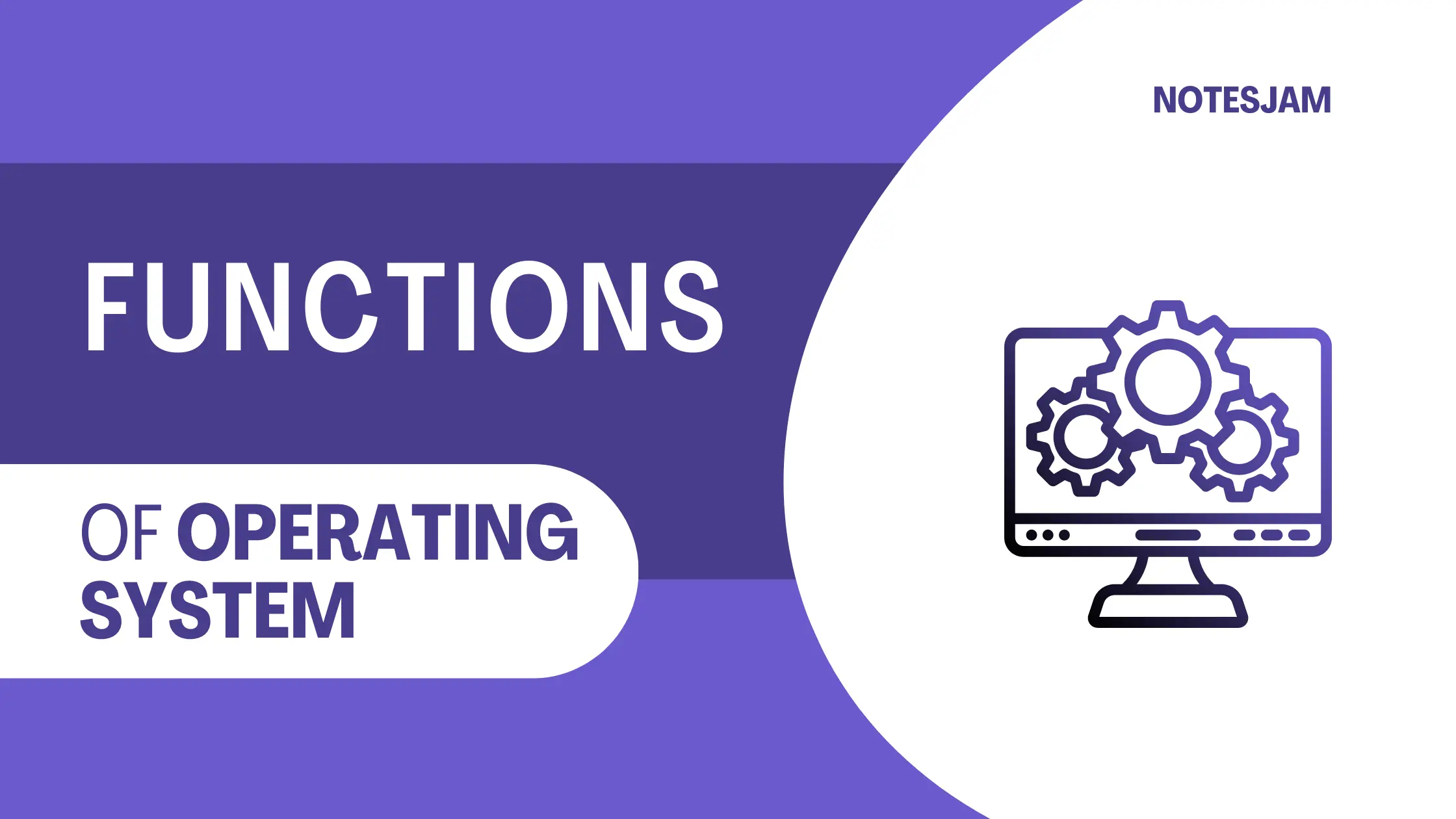The operating system provides a user-friendly environment for the creation and execution of programs and provides services to the users. The main functions of operating systems are discussed below.
Table of Content
Program Creation
The operating system provides editors, and debuggers, to assist the programmer in creating programs.

Program Execution
Many tasks are required to execute a program, the tasks include instructions, data must be loaded into main memory, Input/Output devices and files must be initialized, and other resources must be prepared. The operating systems handle these tasks for the user.
I/O Operations
A running program may require the input and output device. A user program cannot execute I/O operations directly, the operating system must provide some means to do so.
Error Detection
The operating system detects the different types of errors and should take the appropriate action. The errors include memory error, power error, printer out of paper, and illegal instructions in the program(Division by zero, write to overflow).
Resource Allocation
The operating system collects all resources in the network environment or a system and grants these resources to the requested process. Many different types of resources are managed by the operating system. The resources include CPU cycle, main memory, I/O device, file storage, and so on.
Accounting
The operating system can keep the task of which users use how much and what kind of computer resources. This record is useful to improve computing services.
Protection
The operating system provides a security mechanism to protect against the unauthorized use of files in the network environment.
